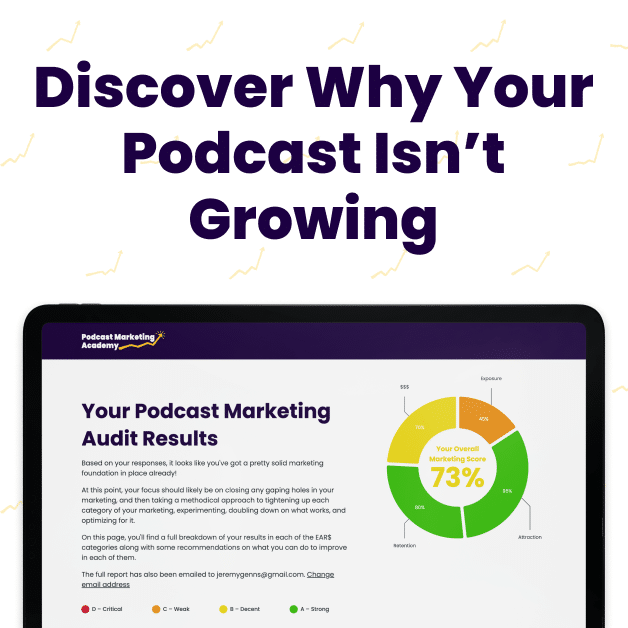As it turns out, Netflix’s greatest strength is also its biggest flaw.
Let me explain.
The other weekend, my partner, Kelly, and I were in the mood to watch a movie. We made popcorn, settled into the couch, and pulled up Netflix.
You can probably guess what happened next.
After forty-five minutes of scrolling through titles, reading descriptions, and watching trailers, the popcorn was gone and we still hadn’t picked a movie.
Exhausted, we turned off the TV and headed to bed.
It’s clear that Netflix’s biggest selling point is the hundreds of movies and TV series available for one low monthly price.
But this (over)abundance of content presents a problem.
The problem is rooted in a psychological phenomenon called the Paradox of Choice.
The Paradox explains that instead of making people happy, more options actually lead to anxiety and decision-making paralysis.
In other words, the more options available to us, the harder it is to pick any of them.
At its core, the Paradox revolves around a fear of wasting our resources by making the “wrong” choice.
Those resources might be:
- Money – Buying a car that turns out to be a lemon
- Effort – Picking a college major you end up hating
- Time – Wasting 2 hours watching a terrible movie on Netflix
And so, to avoid making the “wrong” choice, we often end up cutting our losses and making no choice, putting off the decision for another day, if ever.
So how does this all apply to podcasting?
Much like browsing Netflix, our potential listeners face an overwhelming amount of choice when it comes to choosing a new show to listen to.
This is true even when they’re actively searching for a show about a specific topic.
Like picking a movie, listening to a new podcast involves a non-insignificant investment of time.
Which presents a risk.
Faced with this risk and a number of potential options, rather than looking for reasons to choose a specific show, browsers instead look for reasons to disqualify as many shows as quickly as possible, thus making their choice simpler.
As podcasters, this leaves us with two imperatives:
- Identify all the possible first points of contact a potential listener might have with our shows and ensure that our podcast packaging doesn’t give them any reason to eliminate us from consideration. Our podcast content might be fantastic. But if our packaging gives even the faintest suggestion that listening could be a waste of time, browsers will move on to another choice they perceive as safer.
- Target our shows to an ultra-specific group of people with a specific problem. Presented with a choice, a consumer will always choose the option most-specifically designed for them. For the people in our niche, we’re thus able to bypass the paradox of choice entirely.
Remember, your potential listeners are looking for a reason to say “no” to your show.
Do everything in your power not to give it to them.





